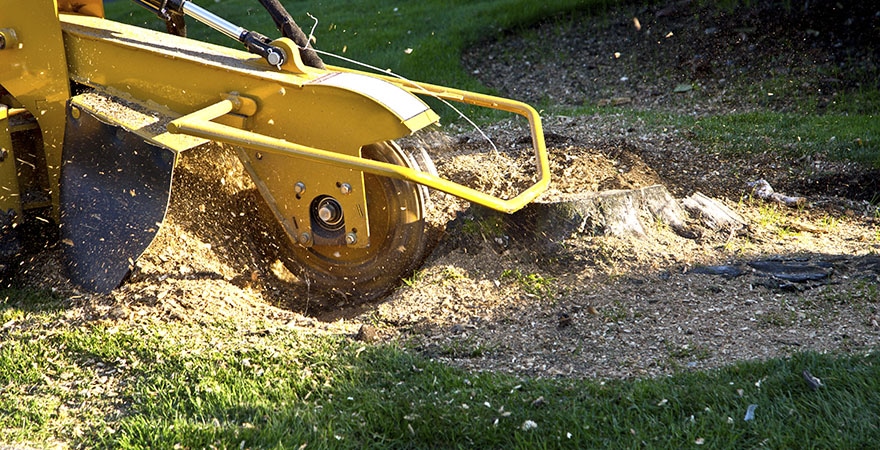Farmers are in need of continuance of education to make them aware of the fast moving changes taking place around the globe in the field of cultivation. Recent developments in technology, business management, and an array of similar fields are affecting the agricultural operations in a tremendous manner. Initiatives of NIFA in the United States is intended to increase the farmer’s knowledge in the above areas so that he can adopt the new practices that are profitable, environment friendly and increasing quality of life.
Weaving agriculture into science and technology education
How a student can be motivated to improve his world by working in agriculture industry using the modern procedures and technologies? It really starts from teachers who have the vision to educate the youngsters to become the next generation of thinkers as well as agriculturists through proper education.
There are many youngsters like Valerie, Monica, Debra etc who considered modern agriculture as an exciting opportunity to sustainable growth. People like them are aiming to achieve two meaningful benchmarks which are discussed below
First is to develop certain level of literacy in agricultural matters so that a helping society interested in agriculture is formed. This will allow consumers to make their decisions on every matter related to agriculture with science in their mind. Next is to make a relation between agriculture and subjects like science, technology, mathematics etc.
How education can help farmer in improving his agriculture ?
Improved technology for farming
Adopting newer technology by educated farmers can result in great saving in money as well as time. GPS can be used for precision farming where satellites and drones are collecting data regarding vegetation and weather direct from sky. The data so obtained is saved in agricultural maps which can be viewed and used by educated farmers.
Precision farming
Data from the above mentioned sources are used to reduce the amount of fertilizer used in the field. Farmers using precision agriculture can reduce the amount of fertilizer applied on the field. This not only helps the farmer to save money but it also helps save the environment from unnecessary pollution.
Help from satellite and drones
Plants need sunlight, fertilizer and sufficient quantity of water for the proper growth of the seeds. Too much of water or less amount of water can adversely affect the crop. SMOS technology can predict the exact crop production parameters like flood drought etc. With the help of this information crop production can be effectively monitored by the farmer.






















